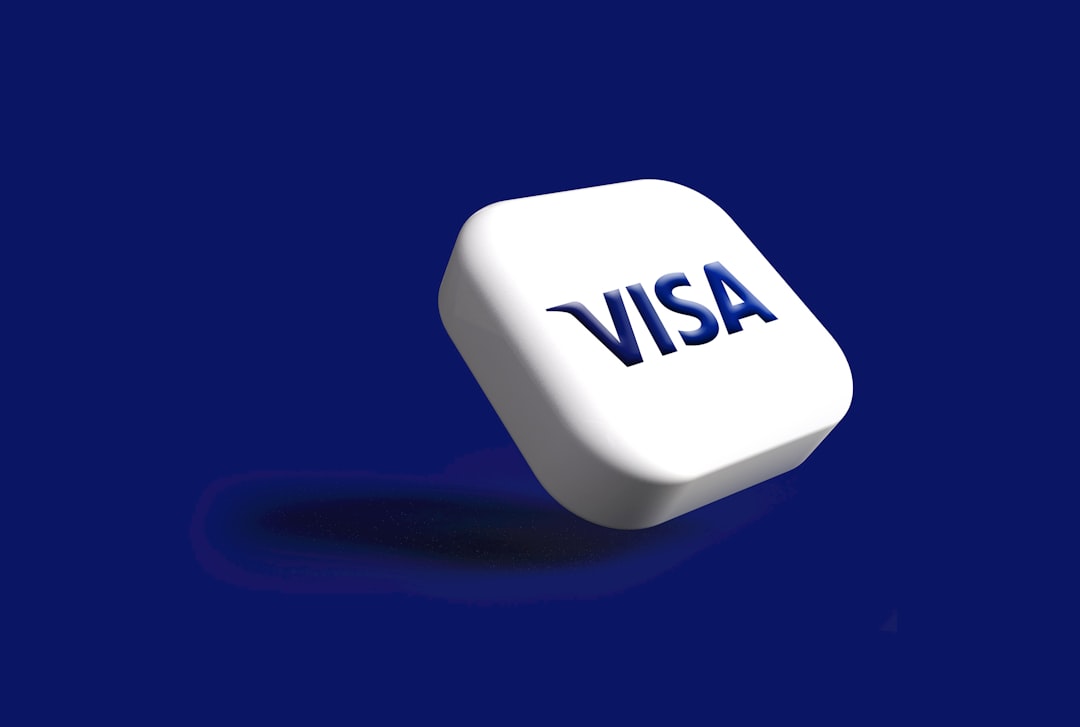The Core Challenge: Why Getting Paid is Hard for Offshore Companies
When your business isn't registered in a mainstream, high-tax country, you often run into a wall. Major payment processors like Stripe are only available in a select list of countries, and PayPal imposes serious limitations on fund withdrawals depending on your company's jurisdiction. This leaves many entrepreneurs with tax-optimized companies struggling to access their own revenue.
Furthermore, if you sell to customers in the European Union, you're faced with the complex world of VAT (Value Added Tax). You're legally required to collect and remit VAT based on your customer's location, a significant administrative burden. Let's explore the solutions to navigate these challenges.
Solution 1: Sales Platforms and Resellers (The Easy Start)
Platforms like Digistore, Elopage, and Clickbank act as a 'reseller' or intermediary for your products. You sell to the platform, and the platform sells to the end customer. This model offers a simple, albeit costly, way to get started.
Advantages:
Automatic VAT Handling: Their biggest selling point. These platforms automatically calculate, collect, and remit the correct EU VAT, removing that compliance headache from your plate.
Offshore-Friendly: They are generally much more open to working with offshore companies than direct payment gateways are.
All-in-One Features: Many include built-in affiliate marketing systems, checkout pages, and support for various payment methods (credit cards, PayPal, etc.).
Disadvantages:
High Commissions: This simplicity comes at a price. Expect to pay commissions of 8-15% per transaction, which can severely impact your profit margins.
Forced VAT on All Sales: Here's the critical drawback. These platforms often apply VAT to all digital sales to EU customers, even non-automated services like coaching or consulting, which may not legally require it. This makes your services more expensive for EU customers and reduces your competitiveness.
Popular Platform Comparison:
Platform | Typical Fees | Best For |
|---|---|---|
Digistore24 | 7.9% + €1 per transaction | Automated digital products with a strong focus on affiliate marketing. |
Elopage | 7.5% + €0.50 per transaction (for non-EU companies) | A strong competitor to Digistore with notedly better customer service. |
Clickbank | 7.5% + $1 per transaction (+ setup/withdrawal fees) | Another great alternative for automated sales and affiliate management. |
Alternative for Services: If you sell non-automated services like consulting, a tool like SendOwl is a better choice. It connects directly to your Stripe or PayPal account without acting as a reseller, meaning it doesn't automatically add VAT. This can increase your net revenue from ~70% to ~98% on sales where VAT isn't mandatory.
Solution 2: Direct Payment Gateways (The Control vs. Complexity Trade-off)
Using gateways like Stripe or PayPal directly gives you more control and lower fees (typically 1.4-3%). However, this is where jurisdictional issues become a major factor.
Stripe: The gold standard for many, but its service is restricted to companies in about 25 select countries. If your company is in Panama, Belize, or the Seychelles, you're out of luck.
PayPal: More widely available but notoriously difficult. PayPal often restricts you to withdrawing funds only to a bank account in the same country as your company's registration. For entrepreneurs in jurisdictions like Panama or Paraguay, this can mean being forced to open a US bank account in person just to access funds, leading to high fees and currency conversion losses.
Solution 3: The Taxhacker's Strategy - A Payment Processing Subsidiary
For established businesses with significant sales volume, this is the most powerful and flexible solution. The strategy involves setting up a separate company in a jurisdiction that is supported by top-tier payment gateways, solely to process payments for your main offshore company.
This payment company acts as an intermediary, collecting funds via Stripe or another preferred gateway and then transferring the profits to your primary tax-free parent company.
Example: Using a US LLC or UK LP as a Payment Processor
Two excellent choices for this structure are a UK Limited Partnership (LP) or a US LLC.
Set Up Your Payment Company: Establish a US LLC (e.g., in Wyoming or Delaware) or a UK LP. These entities can be tax-transparent, meaning profits are taxed at the owner level. For a non-US resident with no US business activity, a US LLC can operate tax-free. A UK LP is similarly tax-free if it has no UK-sourced income.
Open a Payment Gateway Account: With your US LLC or UK LP, you can now easily open an account with Stripe.
Link to Your Main Company's Bank: Configure Stripe to deposit the funds it collects directly into your primary offshore company's bank account (e.g., in Cyprus or Singapore). The payment subsidiary itself may not even need its own bank account, simplifying administration.
Formalize the Arrangement: A simple profit transfer or service agreement between your payment subsidiary and your parent company formalizes the structure. The subsidiary essentially provides a 'payment processing' service and transfers all net revenue.
This structure allows you to access the world's best payment infrastructure with low fees while keeping your core business operations and profits in your preferred tax-free or low-tax jurisdiction.































